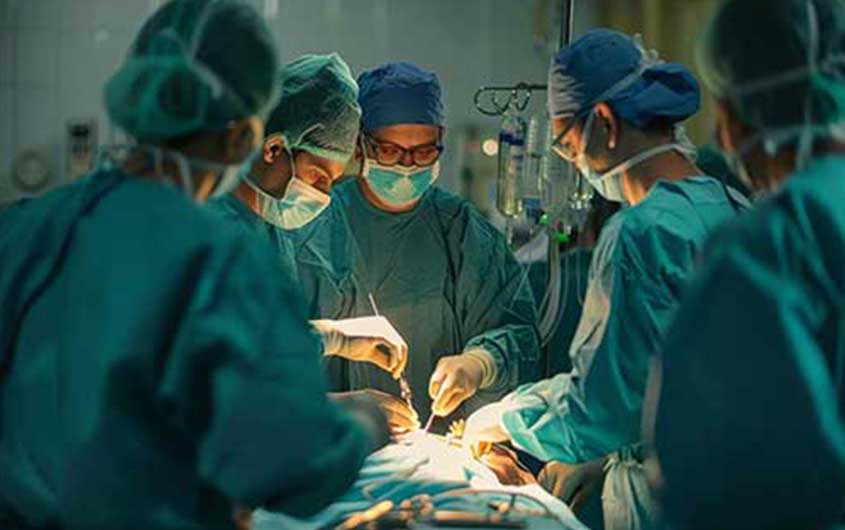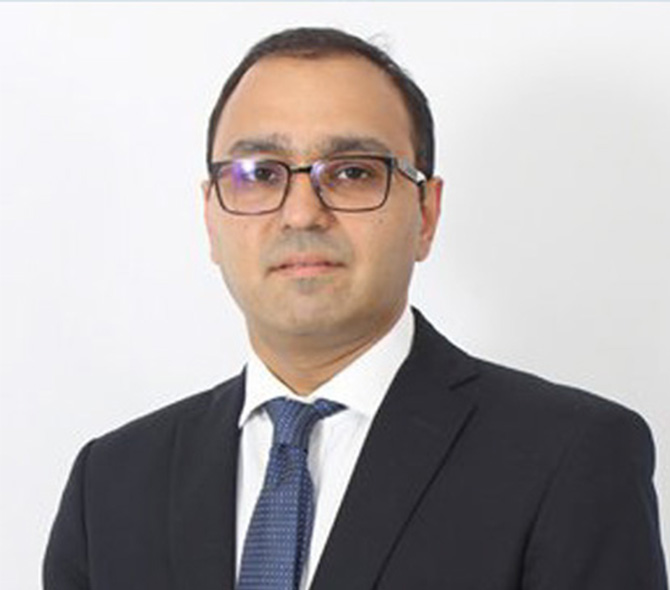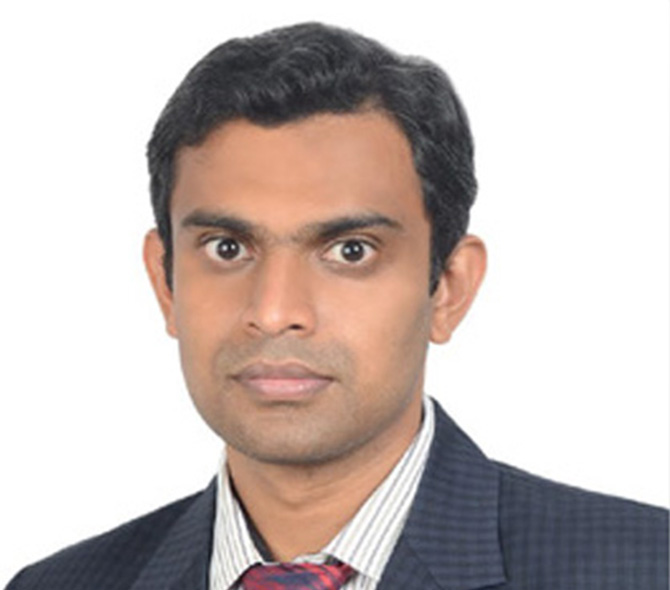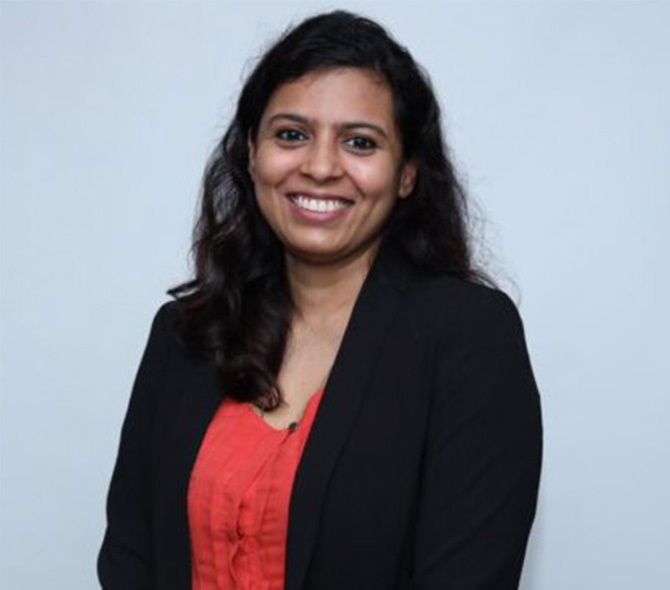Dr (Prof) U S Vishal Rao
Group Director-Minimal Invasive Head & Neck Surgery, HCG Hospitals, Bangalore
+91 9740742752 || admissions@hcgcare.org

Cancer diagnosis and treatment begin with one crucial step: accurate pathology. Tumor pathology is the cornerstone of oncology, as it provides the foundation for identifying cancer types, determining their stage, and guiding treatment decisions. With the rapid rise of cancer cases worldwide, there is an urgent demand for pathologists who are not only skilled in routine histopathology but also trained in advanced molecular diagnostics, immunohistochemistry, and precision oncology.
The Fellowship in Tumor Pathology at HCG is designed to nurture specialists who can bridge the gap between laboratory science and clinical oncology. This program equips fellows with comprehensive training in tumor biology, histopathology, cytology, molecular techniques, and translational research. Training is conducted at HCG’s high-volume cancer centers, ensuring exposure to a wide spectrum of rare and complex tumors across various organ systems.
The fellowship emphasizes hands-on experience, mentorship by leading oncopathologists, and integration with multidisciplinary tumor boards, preparing candidates to play a critical role in accurate diagnosis, personalized cancer therapy, and research-driven innovations. By joining this fellowship, you are not only advancing your professional skills but also contributing to improving cancer outcomes in a world where timely and accurate pathology can change lives.
By the end of the Fellowship in Tumor Pathology, fellows will be able to:
DNB/MD in Pathology

Group Director-Minimal Invasive Head & Neck Surgery, HCG Hospitals, Bangalore

Program Director-Robotic Surgery Head & Neck Surgery, HCG Hospitals, Bangalore

Program Director-Oral Onco Surgery & Rehabilitation Oncology HCG Hospitals, Bangalore
© 2025 designed by GHA